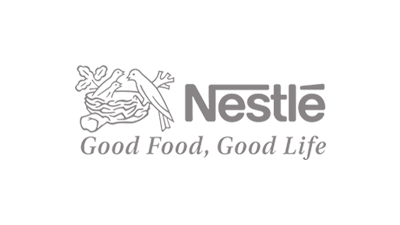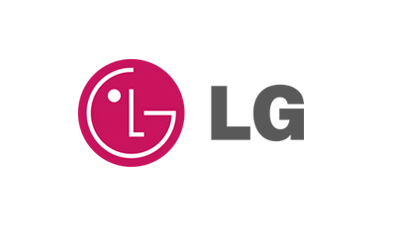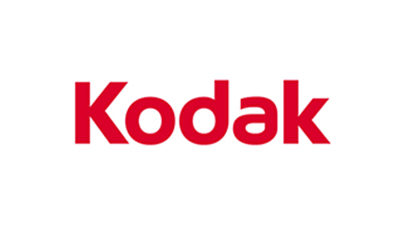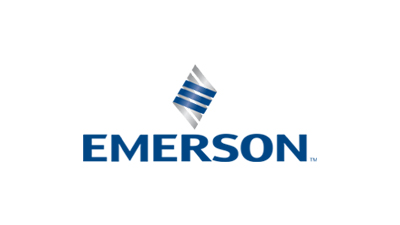Market Overview
This comprehensive market research report offers of an in-depth outlook on the Global Robot Force Sensors Market encompassing crucial factors such as the overall size of the global robot force sensors market, in both regional and country-wise terms, as well as market share values, an analysis of recent developments and potential opportunities, sales and competitive landscape analysis, expected product launches, technological innovations (both developed and those in-progress), revenue and trade regulation analysis, among other significantly detailed aspects of the global robot force sensors market, in 2022 and beyond.
The global robot force sensors market is anticipated to gain exponential industry growth over the given forecast period of 2023-2033, with a projected value of US$ XX Mn, from US$ XX Mn in 2022, indexing a CAGR of XX by the end of the aforementioned timeline.
Global Robot Force Sensors Market Segmentation:
Market segmentation of the robot force sensors market industry is carried out on the basis of Type, Applications, as well as regions and countries. With respect to Type, segmentation is carried out under Six-Axis Force Sensors, and 2-4 Axis Force Sensor. And concerning the applications, segmentation Precise Insertion & Assembly, Deburr Rough Castings, Polishing & Grinding, and Sanding & Contouring.
Key Market Segments
Type
- Six-Axis Force Sensors
- 2-4 Axis Force Sensor
Application
- Precise Insertion & Assembly
- Deburr Rough Castings
- Polishing & Grinding
- Sanding & Contouring
Regions and Countries Level Analysis:
An in-depth analysis of specified regions and its respective countries are carried out to ensure that the exact detailing of the Robot Force Sensors Market’s footprint and its sales demographics are effective captured with precision, to allow our users to utilize this data to the fullest of their abilities.
The report offers in-depth assessment of the growth and other aspects of the Robot Force Sensors Market in important countries (regions), including:
- North America
- Europe
- Asia Pacific
- Latin America
- The Middle East & Africa
Competitive Landscape of the Robot Force Sensors Market Share Analysis:
Our analysis of the robot force sensors market’s competitive landscape will include market competition examination, by company, its respective overview, business description, product portfolio, key financials, etc. We also include market probability scenarios, a PEST analysis, Porter’s Five Forces analysis, supply-chain analysis, as well as market expansion strategies.
The major players covered in Robot Force Sensors Market are:
- FANUC
- OnRobot
- Robotiq
- Epson
- Bota Systems
- Mitsubishi Electric
- ATI Industrial Automation
- Nordbo Robotics
- ME Systeme
- NCTE AG
Reasons to Get this Report:
In an insight outlook, this research report has dedicated to several quantities of analysis – industry research (global industry trends) and global robot force sensors market share analysis of high players, along with company profiles, and which collectively include about the fundamental opinions regarding the market landscape; emerging and high-growth sections of global robot force sensors market; high-growth regions; and market drivers, restraints, and also market chances.
The analysis covers global robot force sensors market and its advancements across different industry verticals as well as regions. It targets estimating the current market size and growth potential of the global robot force sensors market across sections such as also application and representatives.
Additionally, the analysis also has a comprehensive review of the crucial players on the global robot force sensors market together side their company profiles, SWOT analysis, latest advancements, and business plans.Chapter 1:
This section will give you an insight into the global robot force sensors market as a whole, proceeding to lend a descriptive overview of this industry, factors that could potentially determine further growth, or lack thereof, possible opportunities, and existing trends.
Chapter 2:
This section now delves further into the anatomy of the global robot force sensors market, detailing market segmentation with respective growth rates and revenue share comparisons.
Chapter 3-7:
The following chapters will comprise of a comprehensive analysis of the global robot force sensors market’s segmentation with respect to the various regions and countries involved, with a further analysis of revenues, shares and potential opportunities for expansion.
Chapter 8:
This chapter will include a comprehensive analysis of the various industry competitors at play, detailing each competitor and their current standing in the global robot force sensors market.
Chapter 9:
This section is provided to offer our clients an insight into how and why our robot force sensors market report has been compiled, the methods used, and its potential scope.
Chapter 10:
An in-depth description of – who we are, what we aim to achieve, and why or services are exactly what YOU have been looking for.
- 1.Robot Force Sensors Market Introduction
- 1.1.Definition
- 1.2.Taxonomy
- 1.3.Research Scope
- 2.Executive Summary
- 2.1.Key Findings by Major Segments
- 2.2.Top strategies by Major Players
- 3.Global Robot Force Sensors Market Overview
- 3.1.Robot









